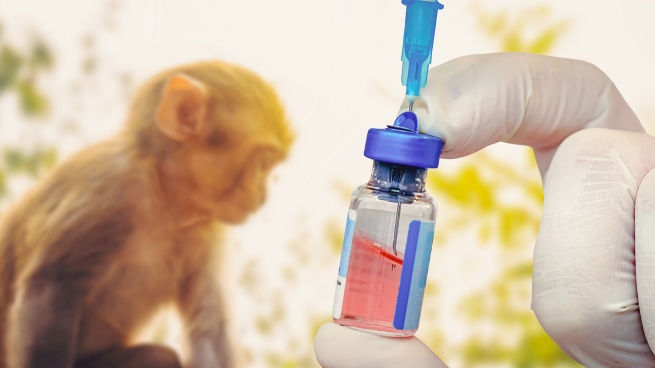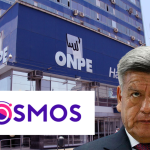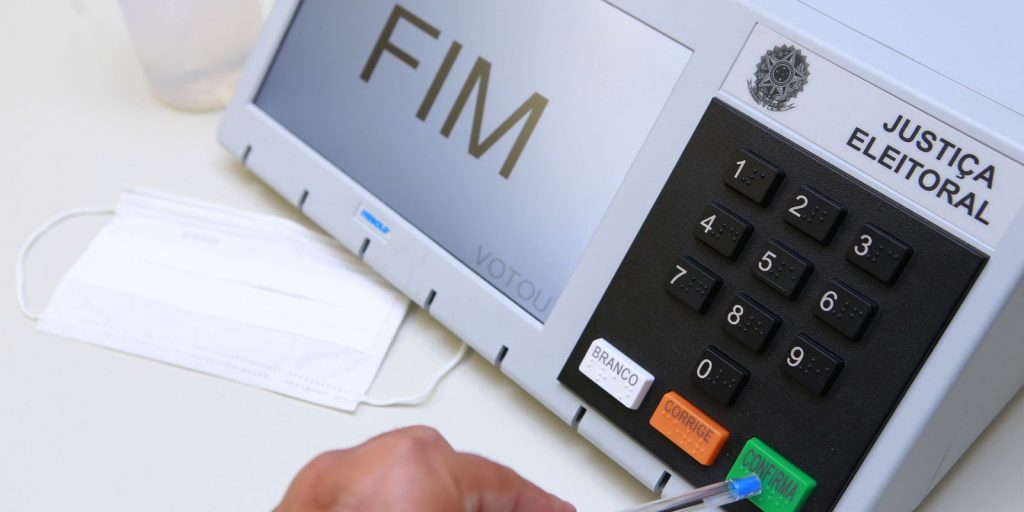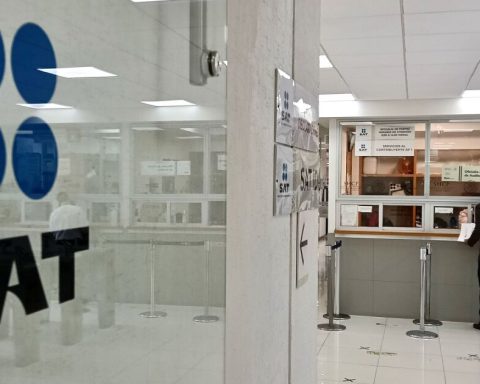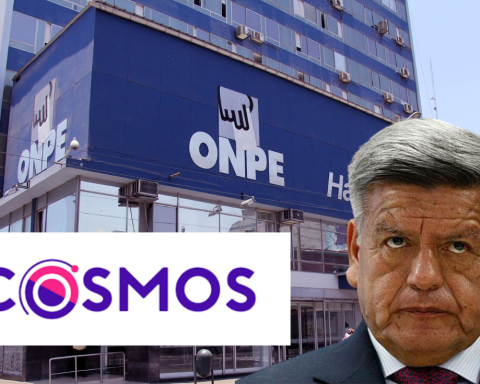The European Commission approved on Monday the use of Imvanex monkeypox vaccine in the European Union, Iceland, Liechtenstein and Norway, the company reported in a statement, as well as community sources, and the health authorities of the Netherlands reported that This Monday they began vaccination against the disease, focusing, as a priority, on people belonging to risk groups.
The approval by Brussels comes after the approval of the European Medicines Agency (EMA), through the Committee for Medicinal Products for Human Use in Europe (CHMP), on July 22 to extend the application of Imvanex to the protection of the adult population against monkeypox virus.
The CHMP also recommended that Imvanex be authorized to protect people against the disease caused by the ‘vaccinia’ virus, which causes similar but milder symptoms to smallpox.
Specifically, this vaccine was approved in the EU since 2013 to prevent smallpox, but its application for monkeypox had not been prescribed, although many European countries are already administering it for this purpose after the outbreak that began months ago.
In this sense, the president and CEO of Bavarian Nordic, Paul Chaplin, indicated that the approval of the vaccine “can significantly improve the preparation” of countries against “emerging diseases” through structured planning.
To confirm the efficacy of the monkeypox vaccine, Bavarian Nordic will collect data from an observational study to be carried out during the ongoing monkeypox outbreak in Europe.
The characteristics of the disease
Monkeypox begins with fever, headache, muscle aches, exhaustion, and swollen lymph nodes. This disease can be fatal, although it is usually milder than smallpox.

It is transmitted to people from various wild animals such as rodents and primates, but it can also be transmitted between people through direct or indirect contact.
For its part, The health authorities of the Netherlands began this Monday the vaccination against monkeypox in the capital, Amsterdam, and the city of The Haguefocusing first on people belonging to risk groups.
In this way, some 32,000 people are scheduled to receive the first dose to, after four weeks, inject a second one that would grant a certain degree of immunity, according to the public broadcaster NOS.
The Dutch authorities consider as high-risk people those who are prescribed HIV prevention drugs, those who have the virus and those who have contracted or have been exposed to sexually transmitted diseases, detailed the DPA agency.
Last Thursday, the authorities confirmed more than 700 cases in the country, most of them in the provinces of North Holland and Flevoland, according to the Dutch News portal.
This weekend the World Health Organization (WHO) declared that monkeypox is a public health emergency of international concern.
